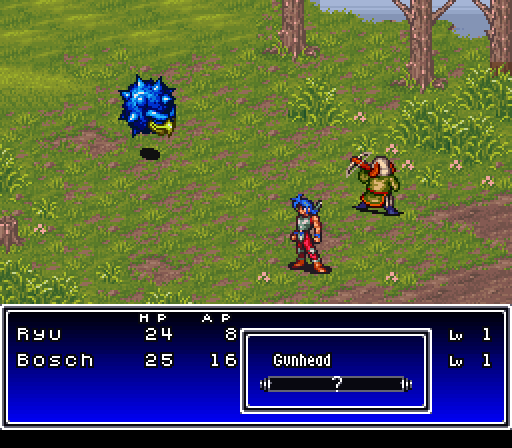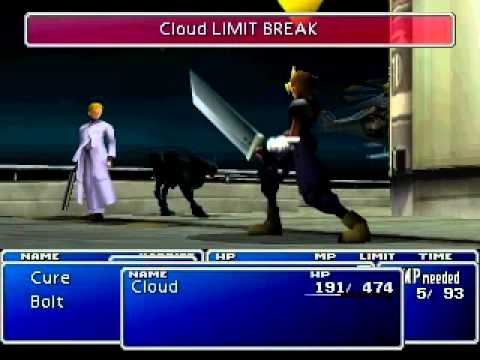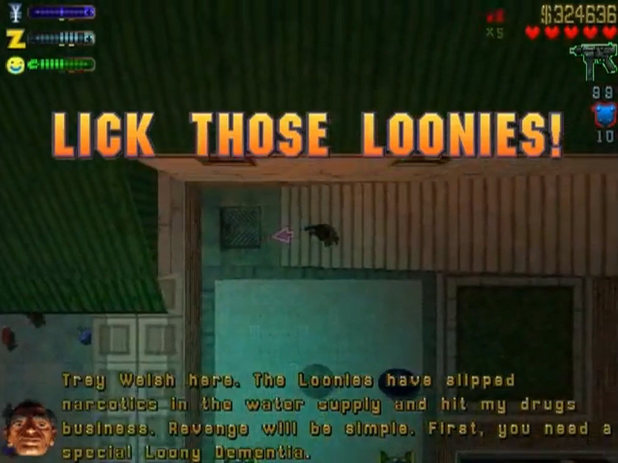I slept at midnight last night- a little later than necessary but not too late. I didn’t set an alarm, and so I slept longer then I meant to, but I also feel a little more well rested. It was raining heavily and it’s a cold morning.
Still thinking about the light-a-fire idea. The most upvoted comment on HN was about someone describing the nuances of his own procrastination, and I’d like to engage and assimilate that instead of writing it off as “not my experience”. The central idea was: procrastination happens when we’re unclear about what to do. The uncertainty leads to inaction. Flipped on its head, it suggests that clear, actionable steps make it easier to take action. As always, we find ourselves in dangerously aphorist territory. But aphorisms persist because there’s an element of truth in them that people find valid.
The problem is- just because an aphorism is valid doesn’t mean it’s useful to someone who doesn’t see for themselves why it’s valid. Once you see something as valid, the aphorism helps a compressed reminder. The aphorism brings up experiences and memories that help in making sense of a situation and deciding what to do. Unfortunately, aphorisms are useless for anybody with no experience. This is a systematic problem for parents and teachers, who naturally think and talk in aphorisms.
The moral of the story cannot replace the story. There’s little point in memorizing a formula if you don’t understand, viscerally, why it works and how to prove it across multiple different spaces.
This is why reflection is such a powerful tool. It’s when you look back at your experiences and construct your own aphorisms and heuristics that work for you. Unfortunately, a lot of people, myself included, are unable to look at their memories and experiences in an objective way. Rather, it’s effectively impossible to be unbiased. We end up with inaccurate pictures of reality, and we takeaway the wrong “lessons”. I don’t mean wrong in a moral right or wrong sense- I mean wrong in the sense that we mis-assess a situation and misdiagnose.
Erm… The point of that is. I naturally find myself wanting to dismiss the “simple actionable steps” idea because I’ve heard it so many times yet I haven’t really, properly assimilated it into my behaviour or decision making. So when I focus on something like “light fires, don’t fill buckets”, even if it’s valid, I gloss over the value of tactics and analysis. Before we get into tactics we need to have a sense of mission and purpose, yes. I like to think that I have those to a reasonable degree. (Hindsight will definitely tell me that I’m wrong, that I can and should be more precise in my goals. I’ve found myself shifting from a personal-glory narrative to a save-the-world narrative to a help-the-few-people-that-matter one. But this is topic for another discussion.)
But I’m sure that firelighting cannot be a full and complete standalone strategy for living a full life. It’s necessary but not sufficient. At some point, the inspired shipyard workers longing for the sea will have to get to work, and know what to do, and how to do it. We have to answer the why question, yes, but the what and how are also important. And I’m not too good at the what and how. I typically just bash my way through whatever’s in front of me. This works great if I’ve identified something that desperately needs to be done- and the scale of this is pretty limited to a couple of hours work (a single run, a single vomit or blogpost, a single bout of cleaning the house, of throwing stuff out, of decluttering, etc.) While this can be amazing and leave a great afterglow- I’m writing this on the afterglow of 0086- it’s not enough.
I’m repeating myself. I’ve started up beeminder so I’ve got a progression/growth going on for me to observe and get excited about. That’s the version of don’t break the chain that works for me.
But what next? I still have this huge log of work I need to get done, and the reason it’s not getting done is because I haven’t laid it out in a way that I can take bites out of them.

After you defeat this new class of enemy for the first time, from then on you know how much health they have. Pretty nifty.
Video game analogy… it’s like encountering new mobs with unknown health. This was a thing in breath of fire. Sometimes you’d face an enemy you never faced before. You don’t know what it’s weak to, you don’t know what it’s resistant to. You don’t know what you should be equipped with, you don’t know how long the battle’s going to take, you don’t even know if you’re going to survive it.
When a fire has been lit- games do this with story, you need to fight the boss to further the story (Final Fantasy 7 comes to mind, the fights with the various bosses in Shin-Ra HQ when you’re saving Aeris. There’s epic music. You’re angry with the enemy.). Under such pressures, you lose yourself in flow. You don’t need to care about the enemy’s health- you just need to keep doing damage while staying alive.
Real life doesn’t have such a nice environment to teach you that. There’s no real story or stakes apart from what you make up for yourself. You can just avoid the enemies with unknown health. You can just sort of… roam around. This is what Venkat wrote about in Ribbonfarm. Being an economic Loser (not a social loser… you’ll have to read the Gervais principle to get this one and I’m not about to explain it while I’m on the train to work.) You avoid fighting the bosses and furthering the story in real life. You just sort of linger around. Somebody emailed me a lovely, heartfelt piece about how he spends his time playinf League of Legends instead of doing work. I’m glad that I’ve managed to quit video games, but it’s nothing to be snobbish about. I got lucky. I had the right circumstances that gave me the right insights. Games reward you in a way that real life won’t. It’s familiar, reliable, predictable, fair, and more exciting.
We play games and procrastinate for the same reasons we take drugs- because life is absurd and it’s all chemicals in your head, ultimately. The only way to break out of it is to couple your inner world with the outer world. I got lucky again- I have awesome colleagues and now I’ve got this group of HN people supporting me. So I have to do it for me for them. Or something like that. This seemd to border slightly on dependent, but aren’t we all interdependent in this world? Don’t we all want to be loved and appreciated for making a meaningful difference?
Also, free roaming by itself gets really boring after a while. If nothing else, we have to get this shit together so we can progress to the next stage, because we’ve seen pretty much everything there is to see here. When I was a kid and I first discovered GTA2- and the same applies for Simcity, and racing games and any game, really- I didn’t play to win. I played for the lulz.
I’ve observed this in young children, too. When my nephew plays temple run, he gets great pleasure out of watching the guy die. I relate to this. I used to open up cities and raze them to the ground. I used to drive in reverse just to see what would happen. I didn’t even know GTA had missions. It was fun just to be able to control a character and make him do stuff. Punch strangers. Drive a car into the lake (and die). Only when I grew older did I start to care about playing the actual missions. About building an actual city, even if it was less elegant and perfect than strange rigid things I’d build. I wanted control before I wanted challenge.
When yoy first start smoking cigarettes, you’re in control. You’re self-medicating. Cigarettes are psychoactive- they modify your mental state. If you puff quick and hard, you get a stimulus kick- something like coffee. If you take long, slow drags, you get a relaxing buzz- something like alcohol. The ability to do this at 17 felt powerful. I used to sneak off between classes to smoke. It felt naughty. I was breaking from the programming that was scheduled for me. When I smoked with others, I met other hackers who didn’t give a shit about the scheduled programming either. We all knew we were killing ourselves. We just wanted to do it on our terms, rather then according to the dictates of the system.
But what I learnt years later is that the cigarettes are abusive partners. They’re like the bad boys in the leather jackets and motorcycles who make you feel special but then treat you like shit. (And you still feel kinda special while being treated like shit, because he chose you.) Cigarettes don’t let you walk away. The day comes when you catch yourself doing something ridiculous for a cigarette- begging a stranger, driving out in the middle of the night, etc… and you realize that it’s serious. You’re a smoker now. You’re the tobacco companies’ bitch. You’re no longer your own person.
It’s the same thing with procrastination. The worst part is that you think it’s your own idea, that your procrastination, like cigarettes, is your hedge against “the system”. You’re still a slave. With no shackles on. You’re just still there.

